Modern water dispensers for offices
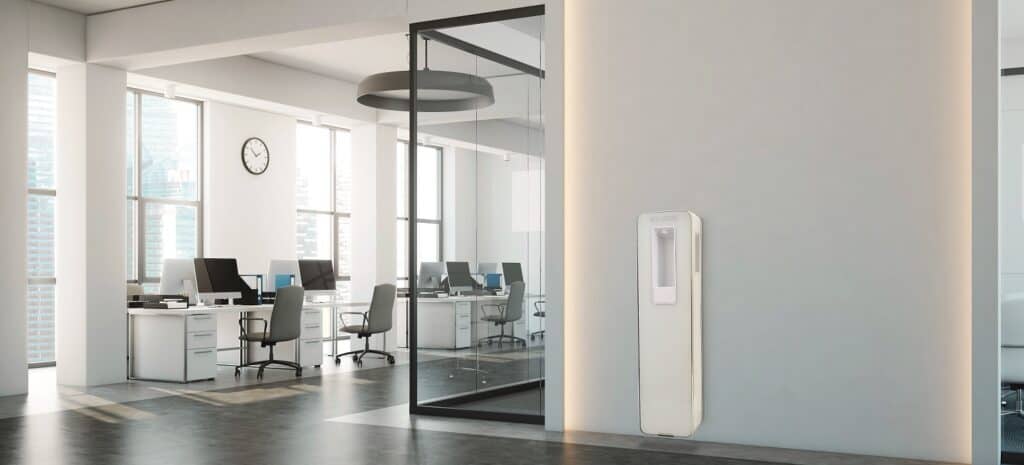
If we want to provide access to drinking water for our employees, customers or guests, we do not have to opt for unattractive, unhygienic and cumbersome bottle dispensers. We do not have to rely solely on the costly purchase of bottled water, which additionally contributes to generating large amounts of plastic waste into the environment. No more having to stockpile cartons or gallons of water [...].
Drinking water wells - your ally in obtaining eco-building certification

Drinking water wells are ecological, economical and safe solutions providing unlimited access to tap water in offices, offices, workplaces, schools, shopping malls and public spaces: parks, town squares, playgrounds. They are supplied directly from the water mains, contribute to the reduction of plastic waste in the environment and teach [...].
How are drinking water outlets reducing plastic waste?
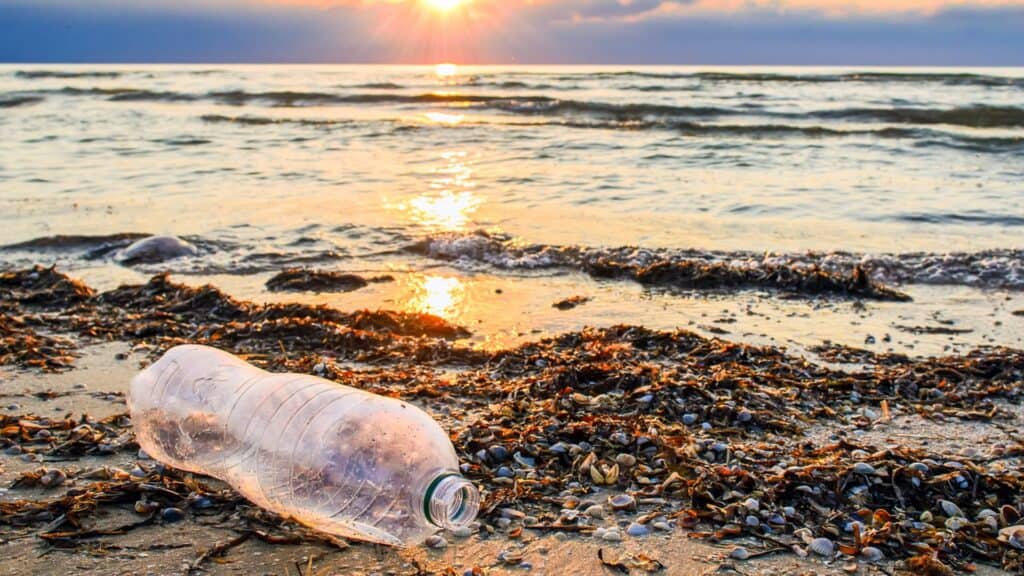
As more and more people around the world become aware of the environmental impact of plastic, we are increasingly starting to look for ways to reduce plastic waste. One key part of this process is the search for alternatives to beverages and water in plastic bottles, which can make a significant contribution to reducing plastic packaging and positively [...]
Water sources in schools - why is it worth it?
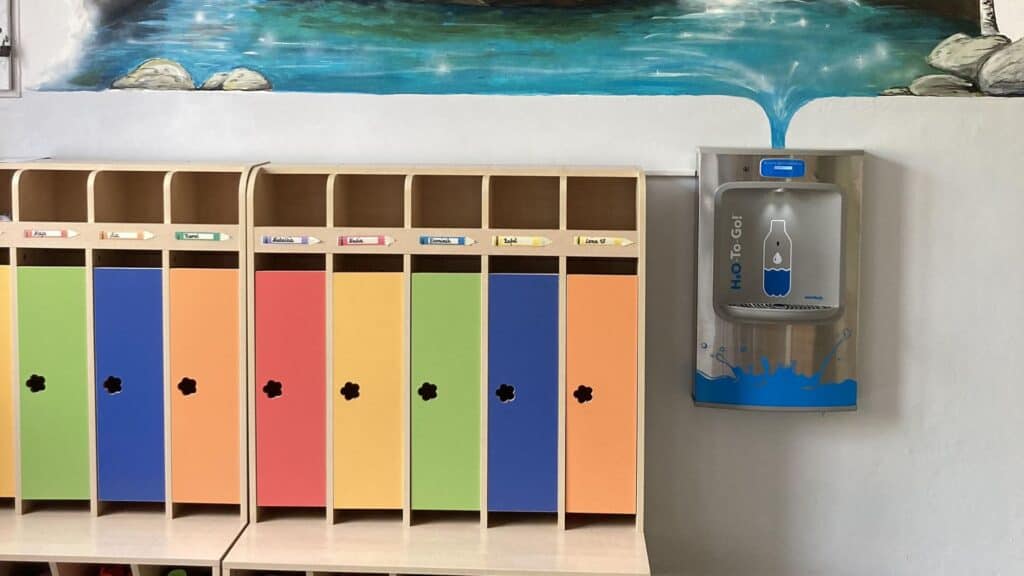
Drinking water sources and dispensers in schools are an important part of ensuring access to healthy water for pupils. How do these state-of-the-art solutions affect comfort, health and the development of healthy habits among children and young people. This is discussed in this blog post. Drinking water sources and dispensers in schools ensure that students have continuous access to clean and healthy water. [...]
Modern water distribution equipment in the context of sustainable construction
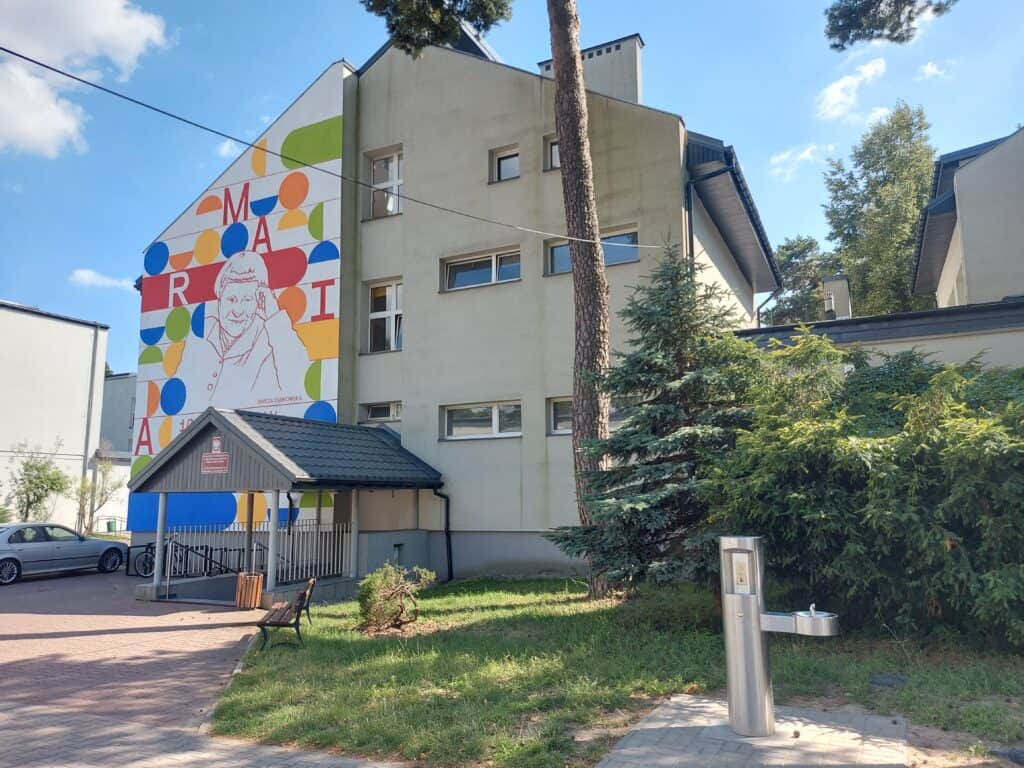
Sustainable construction is primarily intended to generate social and financial benefits. It is one of the main elements of the European Union's economic development strategy in recent years. In the near future, it will be based on smart, sustainable growth and on improving energy efficiency and optimising the use of natural resources, but above all on reducing greenhouse gas emissions into the atmosphere. [...]
What are the benefits of installing drinking water springs in buildings?

Drinking water wells in buildings are often overlooked in projects, which is a mistake, as they play a significant role in promoting both environmental sustainability and economic efficiency. These inconspicuous solutions provide easy access to clean drinking water, reducing the need for disposable plastic bottles and the associated environmental and financial costs. Which ones? About this in this article.
Drinking water springs in public spaces - why should there be more and more of them?
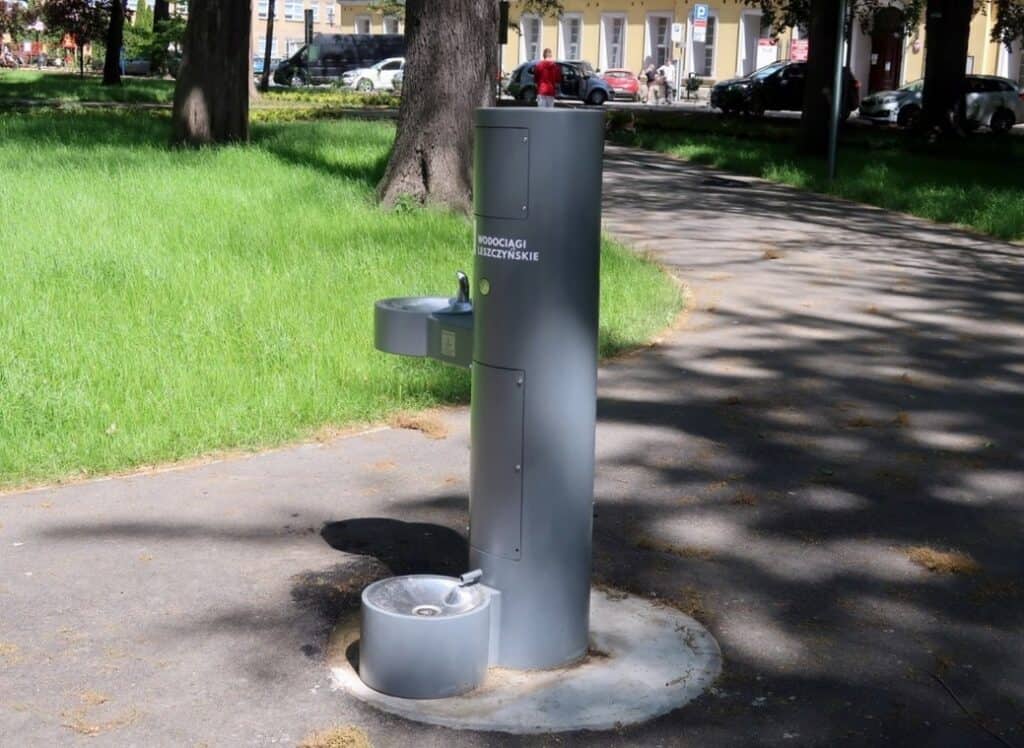
Universal access to drinking water in public spaces has been the norm for many years in Western European and North American cities. In many of them, drinking water springs were established as early as the 19th century and in some cases even much earlier. Today, in Poland too, there is increasing talk of the need to provide as many places as possible with public access to water. Why are drinking water springs in public spaces so important? What can we do to increase their number?
Reusable water bottle - small change in life, big change for the environment
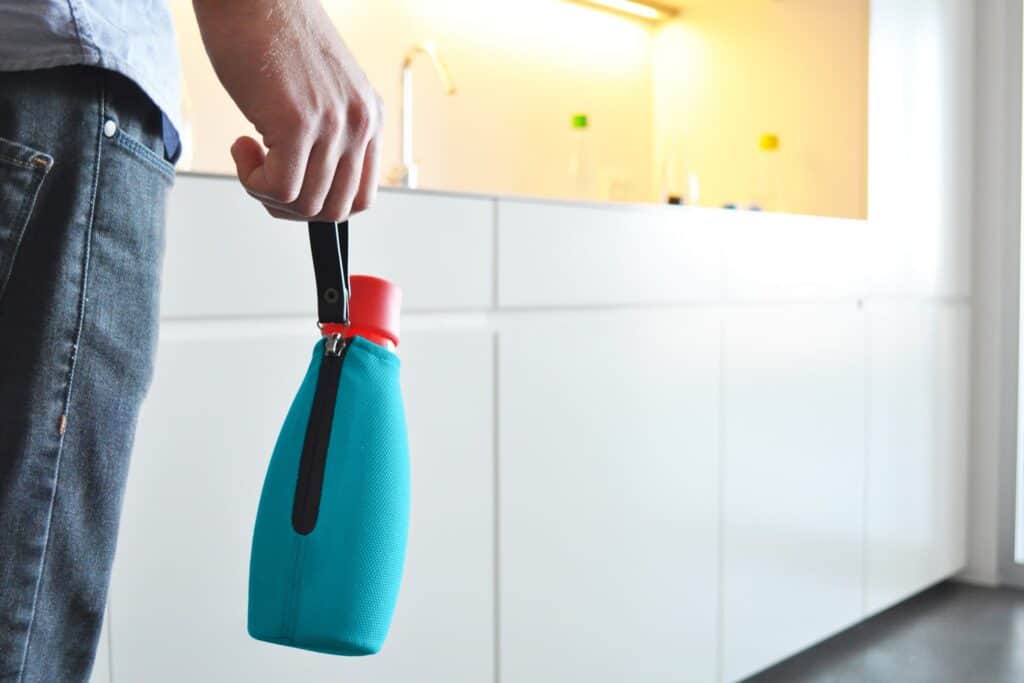
In the 21st century, the reusable water bottle has become an almost indispensable attribute of every person who cares about their own health and the environment. While until recently we associated this type of gadget mainly with professional athletes, today more and more ordinary people also use reusable bottles. Why has the inconspicuous water bottle become a symbol of the fight for ecology? What should we consider when buying a water bottle or water bottle?
Sanitisation of water dispensers - how does it work? Why is it worth it?
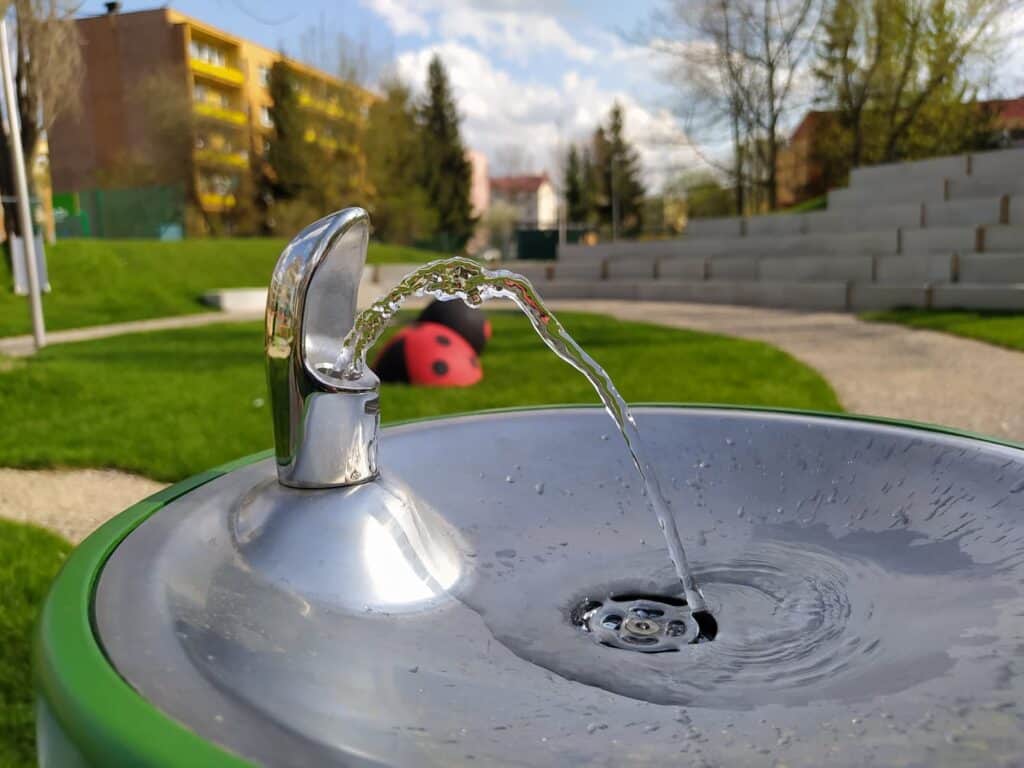
The popularity of tap water for drinking has been growing in recent years. More and more people are reaching for tap water every day, giving up buying water in plastic bottles. Although tap water in our country is perfectly safe, it is worth realising the need for basic hygiene when using drinking water dispensers. What is the sanitisation of dispensers for [...].
Top quality drinking water - Why choose a water dispenser for your home?
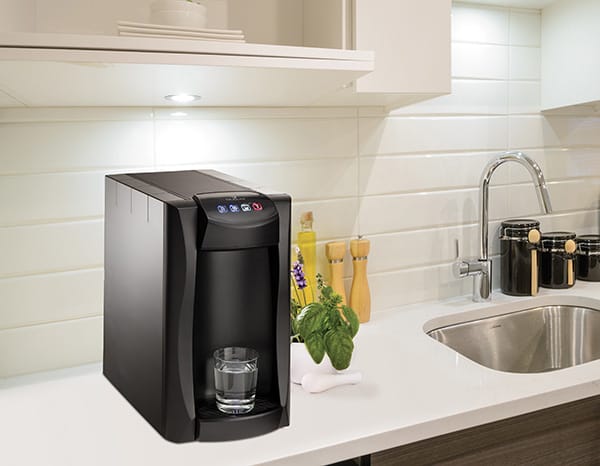
Adequate hydration is something we should remember no matter what time of year or age we are. Fortunately, drinking water instead of sugary drinks is becoming more and more popular every year, which translates into real benefits for our health. Still, many Poles drink too little of it. How can we change this? How can we encourage our household members to drink more water? Why should we consider buying a home drinking water dispenser? What are the benefits of having a drinking water dispenser at home?
